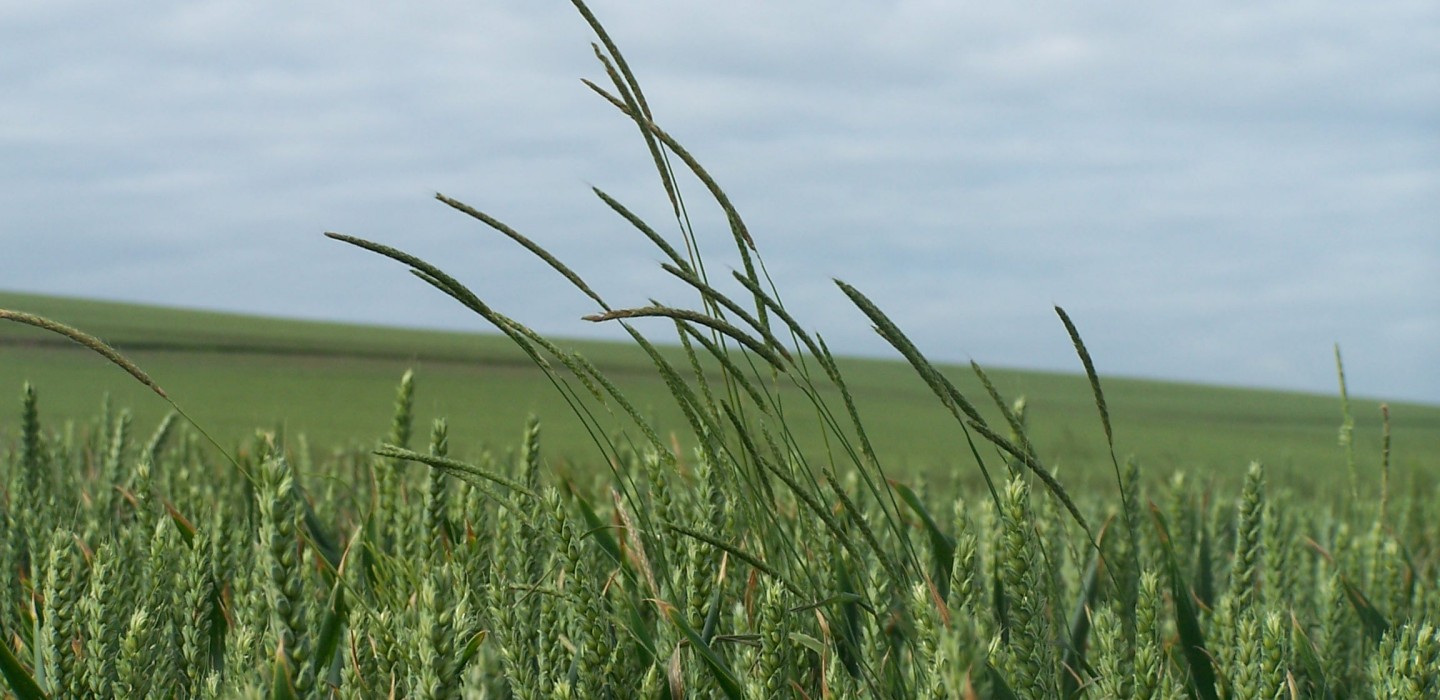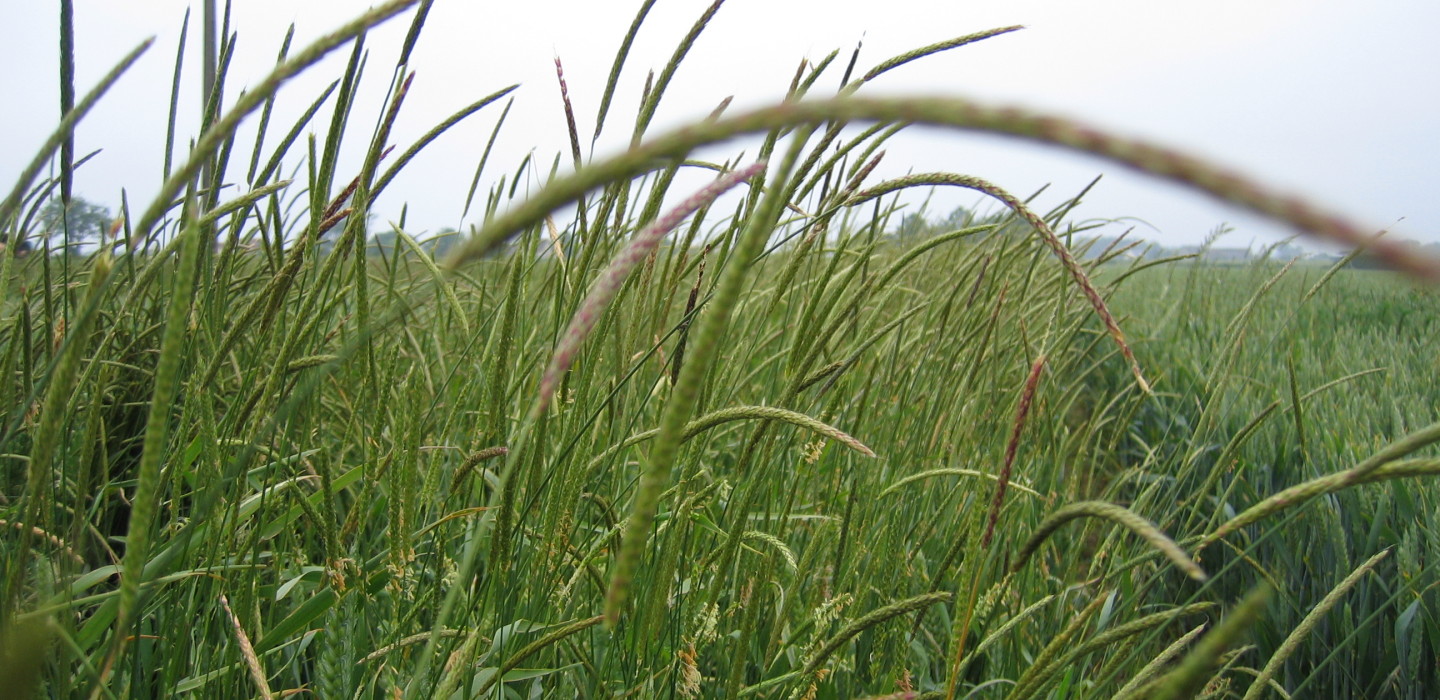
Tacking this year's blackgrass problem 'will take honesty and some hard decisions', property consultants Strutt & Parker has said.
In response to the devestating impact this weed can have on farmers, Strutt & Parker has produced a short guide to help growers tackle the problem of blackgrass.
The company have warned that the on-farm costs of the weed are now too high to ignore.
Jock Willmott and George Badger, farming and agronomy consultants with Strutt & Parker, say the upsurge in blackgrass seen this season highlights that growers need to be more prepared to confront the issue of failing post-emergence control and be willing to change their tactics.
"Tackling the growing problem of blackgrass is going to take honesty, work and some hard decisions.
"The on-farm costs of resistant blackgrass have increased massively over the past decade – by more than perhaps some people realise," said Mr Willmott.
"Analysis of spending on large, heavy-land farms showed the total herbicide costs of controlling blackgrass in wheat and rape rose between 2006 and 2015 – from £65/ha to £134/ha in the wheat and £72/ha to £103/ha in the rape.
"There were also other financial implications from having to change the rotation.

"In our view, it is clear that the industry needs to pay more attention to tackling this pernicious weed and this will require farmers to take a multifaceted approach."
'Be vigilant'
Ian Sands, NFU Scotland’s Combinable Crops Committee Chairman, who grows crops in Perthshire commented: "Catching the weed early can ensure its spread to other cropping areas, or indeed onto neighbouring land, is prevented.
"We ask members to be vigilant and to also report any sightings of the weed to the relevant bodies.
Gavin Dick, AHDB Cereals and Oilseeds Scotland Manager, said black-grass is a weed that farmers need to worry about.
"Even if you haven’t yet got it on your farm, so good biosecurity measures should be in place just as with animal diseases.
"The impact of getting an infestation on your farm could be devastating.
Strutt & Parker’s advice on tackling blackgrass
• The first step towards beating blackgrass is admitting there is a problem – after all 12 blackgrass plants/sq m can shrink yields by about 5%, with densities of 100 plants/sq m having the potential to cut yields by 2t/ha.
If you are spending over £100/ha on herbicides in wheat there is probably an issue that needs to be addressed.
• Everyone who works on the farm needs to know what they are aiming for – so decide what your farm policy is towards blackgrass and then share it with the whole team.
Is it zero tolerance or is it containment?
• For farms needing to beat blackgrass and following a wheat – wheat – oilseed rape rotation, Strutt & Parker now recommend a new five course rotation with a double spring break.
This is winter wheat – spring barley – spring beans – winter wheat – oilseed rape.
• A 2-3% yield difference between varieties on the AHDB recommended list is insignificant compared to losses from poor blackgrass control.
Select varieties that are vigorous and will suit a later sowing slot and will establish to growth stage 30 rapidly. Skyfall, Siskin, Basset are good examples of the newer varieties.
• Earlier drilling for flea beetle means OSR is put under high pressure for control. So do not grow OSR where a high seed return has occurred.
Consider low disturbance drilling to aid the efficacy of October/November applied residual herbicides (propyzamide and carbetamide).
Ensure failed patches, corners and tramlines are sprayed out to stop seed return.
